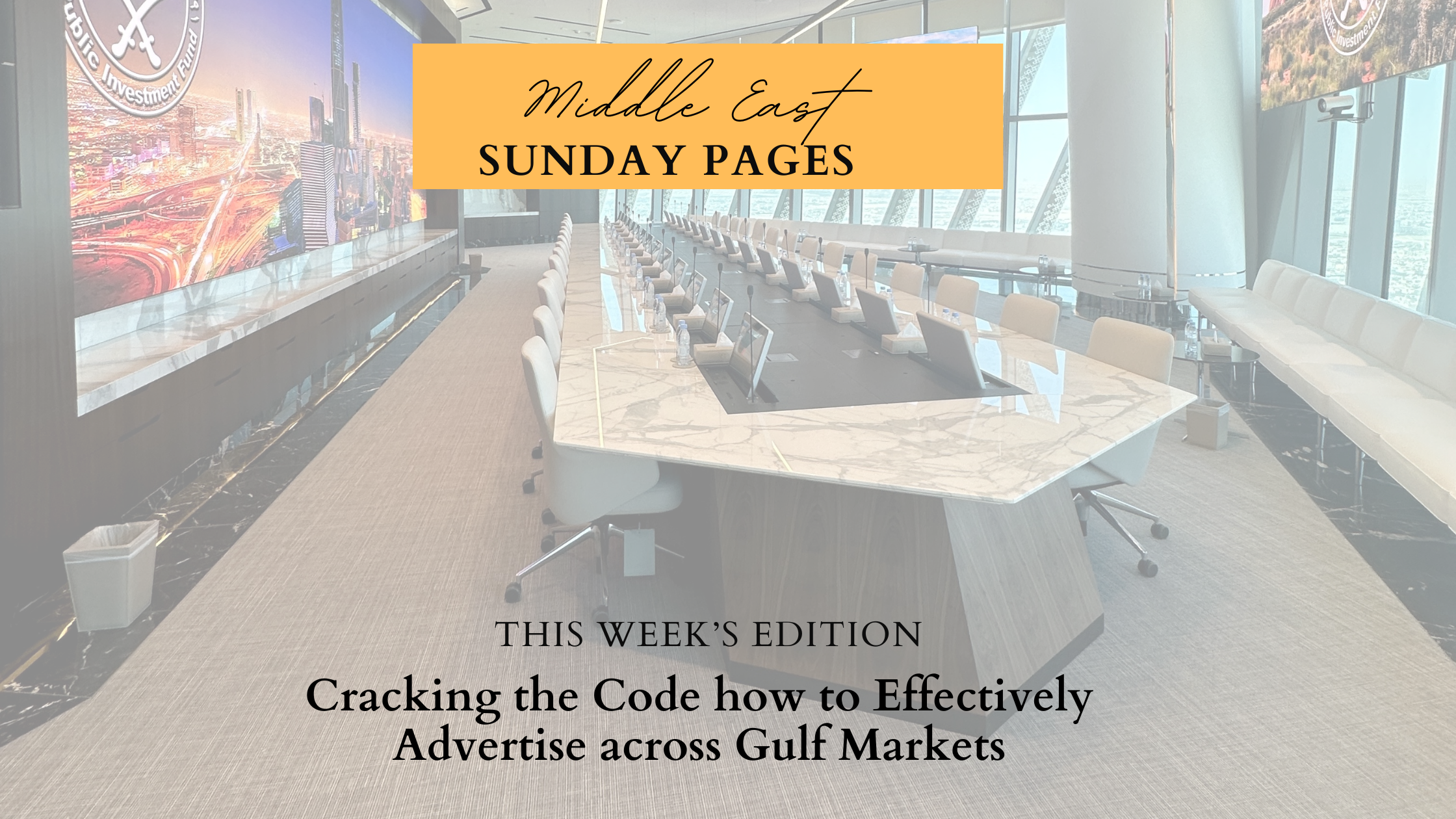
Cracking the Code: How to Effectively Advertise Across the Gulf Markets
With a combined population of over 57 million and some of the highest per capita incomes globally, the Gulf Cooperation Council (GCC) states present an enticing market for businesses. However, this region comprising the United Arab Emirates, Saudi Arabia, Qatar, Kuwait, Bahrain and Oman is also incredibly diverse and complex when it comes to advertising.
From cultural sensitivities and language differences to regulations and media consumption habits, each country has its own unique nuances that must be carefully navigated. A one-size-fits-all advertising approach simply won’t cut it if you want to achieve real impact and returns across the Gulf.
Here’s an in-depth look at tailoring advertising strategies for each key GCC market:
United Arab Emirates
As one of the most cosmopolitan societies in the region, the UAE offers a fairly open advertising landscape. You will find all forms of traditional media like print, TV, radio, outdoor billboards, and online/digital. Arabic and English are both widely used for advertising.
However, it is still critical to produce culturally-sensitive creative content that avoids anything too racy or controversial. Strict guidelines prohibit advertising offensive content related to drugs, alcohol, pork products, pornography or potentially offensive gender imagery or blasphemous messages.
Key Opportunities: Large Scale events such as F1, Gulf Food, Arabian Travel Market, Massive Tourism/Business travel, Property, Construction, Healthy Lifestyles, Fashion and Education
Saudi Arabia
As the Arab world’s largest market and religious most conservative, Saudi Arabia presents some unique advertising challenges but immense opportunity as the economy has opened up since Vision 2030 came into play in 2016.
Traditional media like TV, radio, print and outdoor billboards dominate, though digital media consumption is hugely growing – especially social channels like YouTube, X (formerly Twitter), LinkedIn and TikTok. Messaging and visuals must be modest and inoffensive to cultural/religious sensibilities, especially towards women.
While Arabic and English ads are accepted, the local Saudi dialect and preferences are crucial to connect authentically. Celebrity influencers and sports figures are increasingly popular for promotions.
Key Opportunities: Large Scale events such as F1, LEAP, The Future Hospitality Summit, Saudisation Nationalisation policies, Tourism/Entertainment growth, Vision 2030 economic diversification, huge focus on Tourism Growth, Property, Construction, Healthy lifestyles, Fashion and Education.
Qatar
Qatar has a unique media landscape being a smaller economy centred around Doha, with a large expat population. Most of Qatar’s advertising focuses on English since expats outnumber locals. Digital, outdoor, print and TV advertising are popular channels.
As a very conservative society, culturally-insensitive content is strictly off-limits in advertising.
Key Opportunities: Large Scale events such as F1, Jewellery Exhibitions and Qatar’s World Economic Forum, high tourism/business traffic, world class facilities such as the World’s No 1 Airport, Education and Fashion
Kuwait
While smaller than Saudi Arabia in population, Kuwait offers a more open consumer culture for advertising. Both English and Arabic languages are commonly used, though the Kuwaiti Arabic dialect is preferable to connect authentically.
Ads need to respect cultural values and can’t promote anything related to pork, alcohol, or provocative content. Popular channels include billboards, TV, radio, print media and digital.
Key Opportunities: Disposable income from oil wealth, young Consumer Demographic, Regional business Hub status, Fashion, Beauty and Food.
Bahrain
Bahrain is among the most progressive in the Gulf region when it comes to advertising. While Arabic and Islamic values still need consideration, advertising is fairly open and creative with less restrictions than Saudi Arabia or Kuwait.
You will find freedom across channels like TV, print, outdoor advertising and rapidly growing digital media. Major sporting events such as F1 also present key sponsorship opportunities to reach audiences.
Key Opportunities: Financial services hub, Logistics/Business transit point, Tourism Growth.
Oman
Among the most culturally and societally conservative Gulf nations, advertising in Oman requires extra care. Most campaigns focus heavily on traditional media like outdoor, print, TV and radio – often in Arabic only or Arabic prioritised over English.
Anything considered provocative or insulting to cultural values, religion or the ruling monarchy is strictly forbidden. Oman regulates advertising content very closely, down to details like models’ modesty and placement.
Key Opportunities: Tourism Promotion around Natural Attractions and Heritage sites, Growth industries like manufacturing, AI and technologies.
Challenges for Pan-Gulf Advertising
While each GCC state presents its own complexities, there are some common challenges that advertisers face when trying to create unified Gulf campaigns:
- Finding a universal message/theme that resonates across varying cultures and societies
- Divergent regulatory environments and media channels between countries
- Balancing localisation needs with global branding consistency
- High advertising costs, especially for premium placements
This is where the extreme value of having expert regional guidance comes into play when advertising in the Gulf.
We regularly share updates, insights and have Guest Experts in our Star-CaT MasterClasses to ensure strategic planning and support to maximise results while respecting nuances between societies.
Nuances Matter
The takeaway here is clear: the Gulf markets may neighbour each other geographically, but their cultural and societal diversity makes advertising a very nuanced endeavour. Properly connecting with audiences requires highly localised creative and strategic understanding of each country’s unique media landscape and societal norms.
Brands that fail to account for these critical nuances put themselves at major risk of missing the mark, being culturally offensive or noncompliant, and wasting advertising spend in the region.
This is why tapping the expertise and experience of Middle Eastern marketing experts is so invaluable. By blending their knowledge of hyperlocal advertising with your brand’s objectives, they can provide the crucial guidance needed to drive real impact and avoid major missteps.
If you are ready to make your brand shine and make your spending count across the Gulf markets – then book a Consultation or check out our Middle East resources to work with our Experts every step of the way.

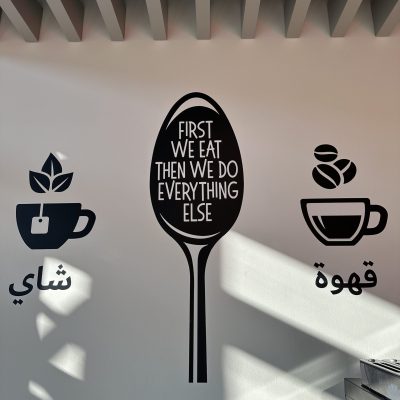
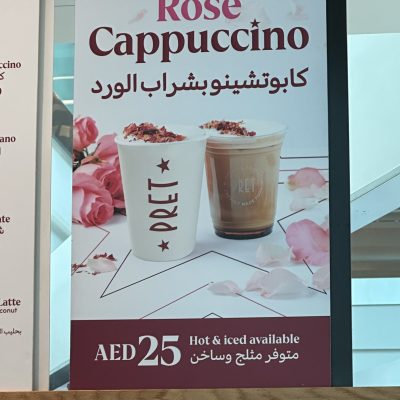
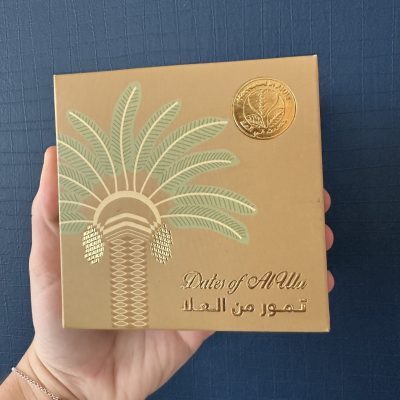
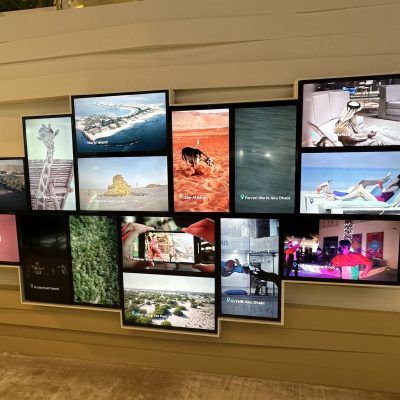
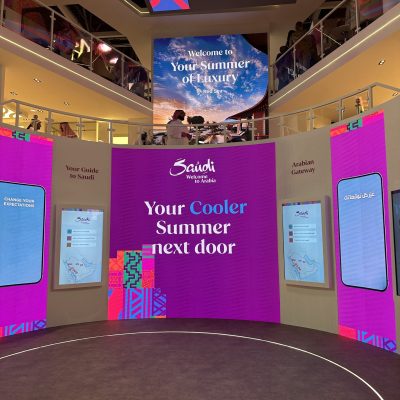
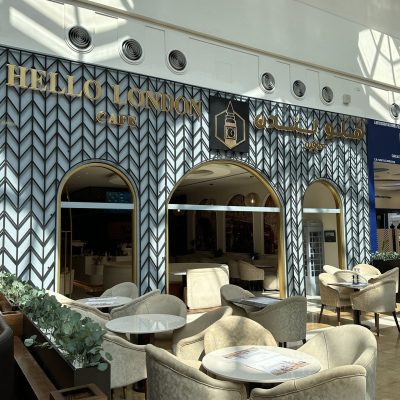
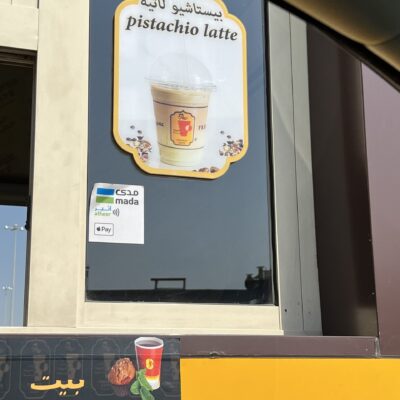
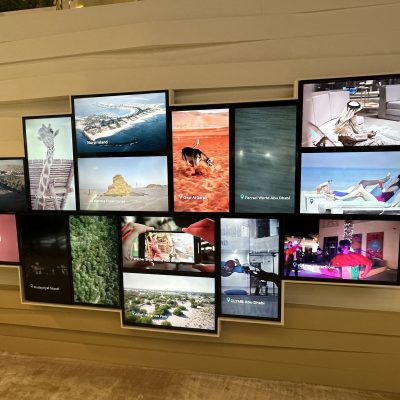
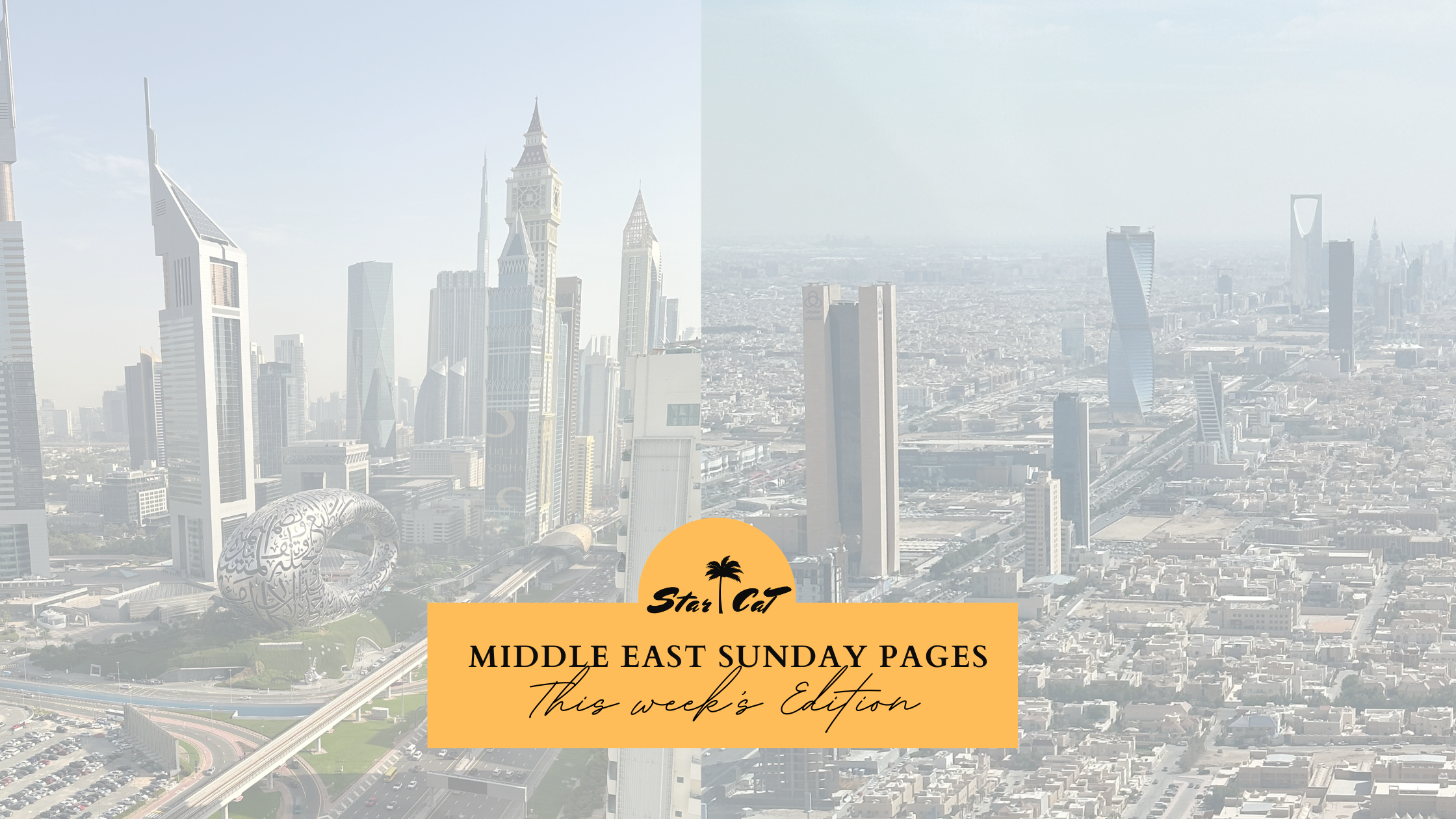


This Post Has 0 Comments